To speed up operations and reduce disk I/O, the kernel typically caches as much memory as possible, which is known as Cache Memory. By design, pages containing cached data can be repurposed as needed (for example, by applications).
Cache memory is not automatically released after a program finishes running. This can lead to a situation where the available physical memory becomes very limited after frequent file read/write operations, necessitating the manual release of cache memory when required (for example, when memory is truly insufficient).
Note: Generally, it is not recommended to manually release cache memory unless you have a very clear need, such as testing the program’s cache memory usage, because cached memory is available for the same application.
Releasing Cache Content
You can release cache memory by modifying the system control file /proc/sys/vm/drop_caches.
1. Release pagecache
echo 1 > /proc/sys/vm/drop_caches
2. Release reclaimable slab objects (includes dentries and inodes)
echo 2 > /proc/sys/vm/drop_caches
3. Release slab objects and pagecache
echo 3 > /proc/sys/vm/drop_caches
This is a non-destructive operation that will not release any dirty objects. If you want to increase the number of objects released by this operation, you can run sync before writing to /proc/sys/vm/drop_caches. This will minimize the number of dirty objects on the system and create more candidates for deletion.
It is important to note that /proc/sys/vm/drop_caches is not used to control the growth of various kernel caches (inodes, dentries, pagecache, etc.). When memory is needed elsewhere in the system, the Linux kernel will automatically reclaim these objects.
Using this file may lead to performance issues. Because it deletes cached objects, it may require a significant amount of I/O and CPU to recreate the deleted objects, especially if these objects are heavily used. Therefore, it is not recommended to use this outside of testing or debugging environments.
Practical Testing
# free -m
total used free shared buff/cache available
Mem: 7794 2373 1478 431 3942 4691
Swap: 3967 0 3967
# echo 1 > /proc/sys/vm/drop_caches
# free -m
total used free shared buff/cache available
Mem: 7794 2373 2600 431 2821 4705
Swap: 3967 0 3967
# echo 2 > /proc/sys/vm/drop_caches
# free -m
total used free shared buff/cache available
Mem: 7794 1635 5527 431 631 5495
Swap: 3967 0 3967
# echo 3 > /proc/sys/vm/drop_caches
# free -m
total used free shared buff/cache available
Mem: 7794 1635 5529 431 630 5496
Swap: 3967 0 3967
Link: https://www.cnblogs.com/shouke/p/16156335.html
(Copyright belongs to the original author, please delete if infringed)
 End of Article Benefits
End of Article Benefits
As we approach 2025, many are considering their career direction for the coming year.
Currently, the transformation direction for traditional operations to earn an annual salary of over 300,000 is SRE & DevOps positions.
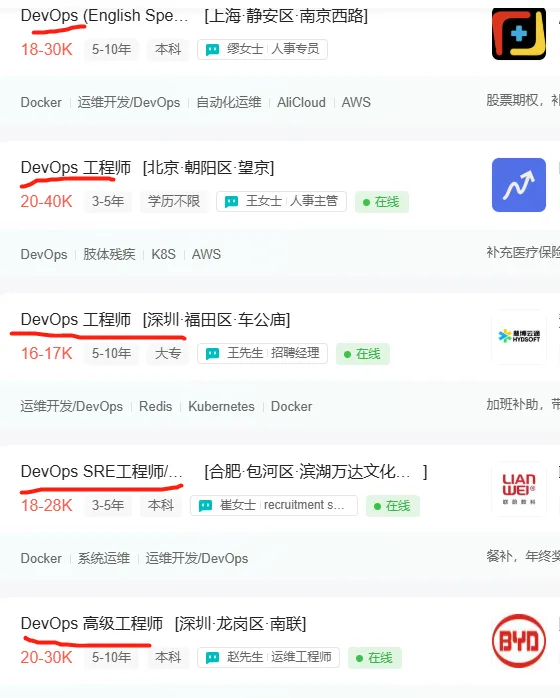
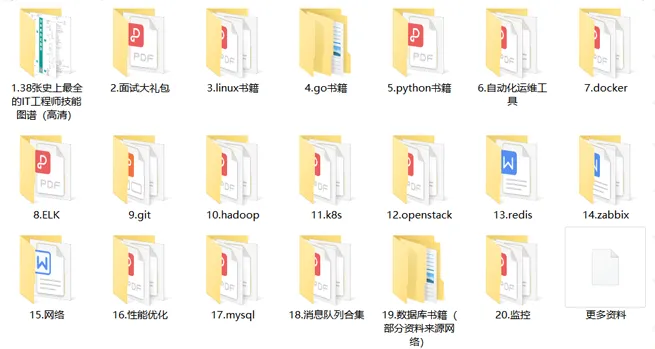
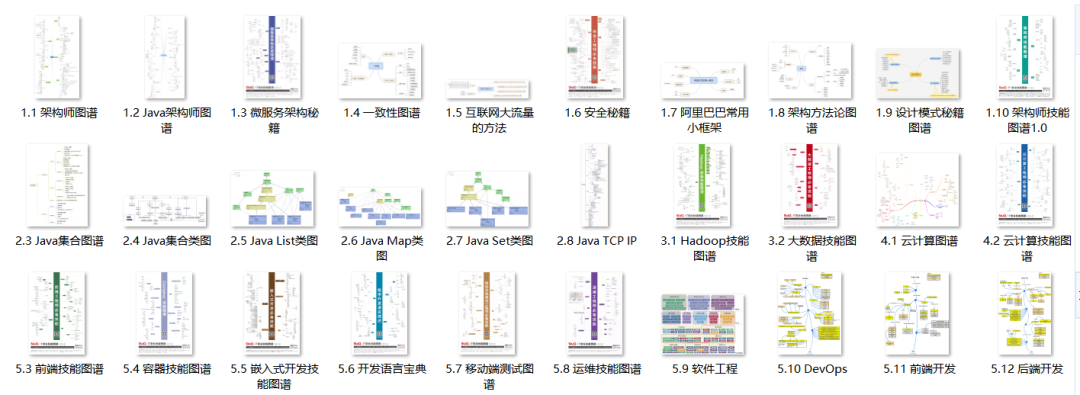
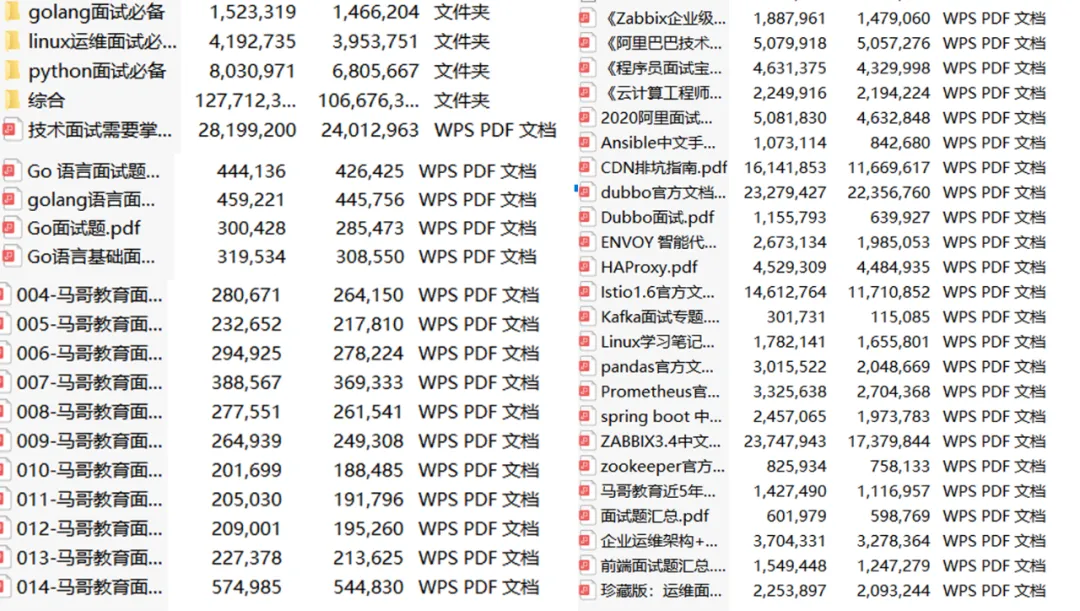
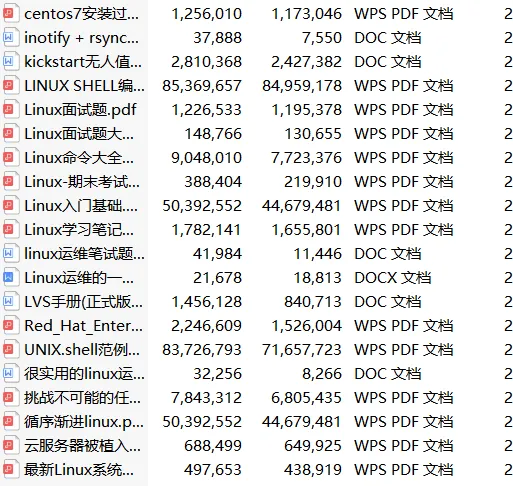
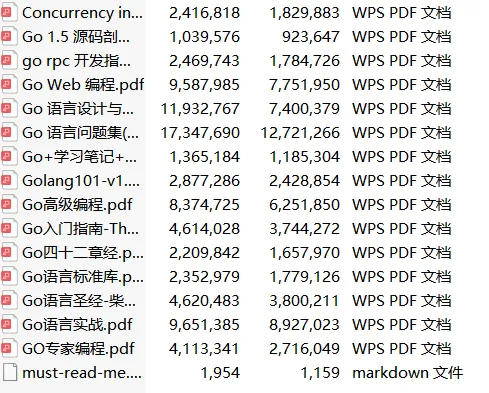
······



All materials can be obtained by scanning the QR code

Recognize the QR code above
Note:2024 Latest Operations Materials
100% free to receive
(It is scan to receive, not to reply in the public account backend, don’t get it wrong)